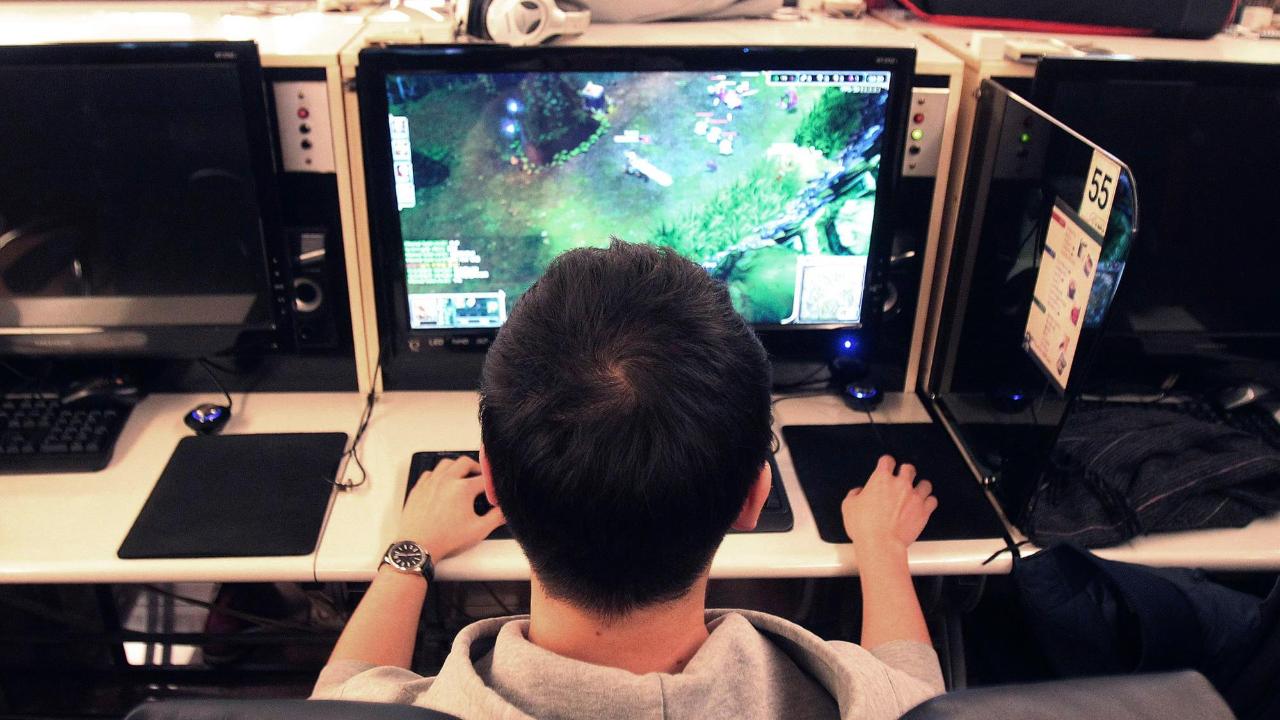Olympian Michael Phelps is ready for his second career
Michael Phelps is the most decorated U.S. Olympian in history, but not even the 23-time gold medalist is immune to the stress of a career change.
After a lifetime of rigorous training and competition in the pool, Phelps retired from swimming following the 2016 Olympics and began his search for a new obsession. At age 33, he’s embraced environmental and social activism through a series of high-impact campaigns, including a partnership with Colgate on its #EveryDropCounts initiative, which aims to address looming global water shortages by teaching water conservation practices.
Phelps said he initially “struggled” to decide what he would do for a second career, but made progress by identifying his passions outside the pool and embracing the same basic tactics that made him a world-class swimmer. The Baltimore native advised professionals facing a difficult career transition to think about their personal goals and develop a step-by-step, granular plan to achieve them.
“I’ve always done ‘dream, plan, reach,'" Phelps told FOX Business. "That’s kind of how I started my career. You start with a dream, you figure out a way you’re going to get there and you go for it. And if you fall short, it happens. I can’t tell you how many times something has gone not perfect for me and I’ve had to come back to the drawing board. But I think if you want something bad enough, I don’t think anything can stand in your way.”
As a lifelong swimmer and lover of water, Phelps said his role as a global ambassador on Colgate’s water conservation campaign was a “natural fit.” Phelps’ young son, Boomer, and wife, Nicole, appear in campaign advertisements alongside him.
Now in its second year, Colgate said the campaign is projected to save up to 50 billion gallons of water annually by educating people around the world and encouraging them to take shorter showers and turn off their faucets while brushing their teeth. The United Nations estimates that two-thirds of the global population could live under “water-stressed conditions” by the year 2025.
A sought-after brand ambassador, Phelps said his personal values have always been a key factor when deciding whether to work with a given company.
“Everything that I am a part of is something that I’ve always believed in,” Phelps said. “That’s kind of how we’ve done it my whole entire career, where I’ve been able to really express what I want and what I believe in, and I have a great team that goes out there and helps me try to complete these missions that I’m after.”
Phelps has emerged as one of the country’s most outspoken voices for increased mental health awareness. He is open about his own struggles with depression, revealing in recent years that he experienced suicidal thoughts after the 2012 Olympics.
He also works to educate kids about water safety through his charity, the Michael Phelps Foundation, which has trained more than 20,000 children on how to be safe in the pool in its 10 years of existence.
Phelps said he has no intention of returning to competitive swimming, noting that his various activist platforms have replaced the sport as his primary motivator.
“That’s the big reason, or one of the big reasons, that I don’t want to come back,” Phelps said. “I would rather save a life or have the opportunity to try to help save a life than win a gold medal, because that’s so much more important to me. As someone who has struggled with mental health for probably the last 10 to 12 years, I understand a lot about it and I understand how scary it can be.”




















